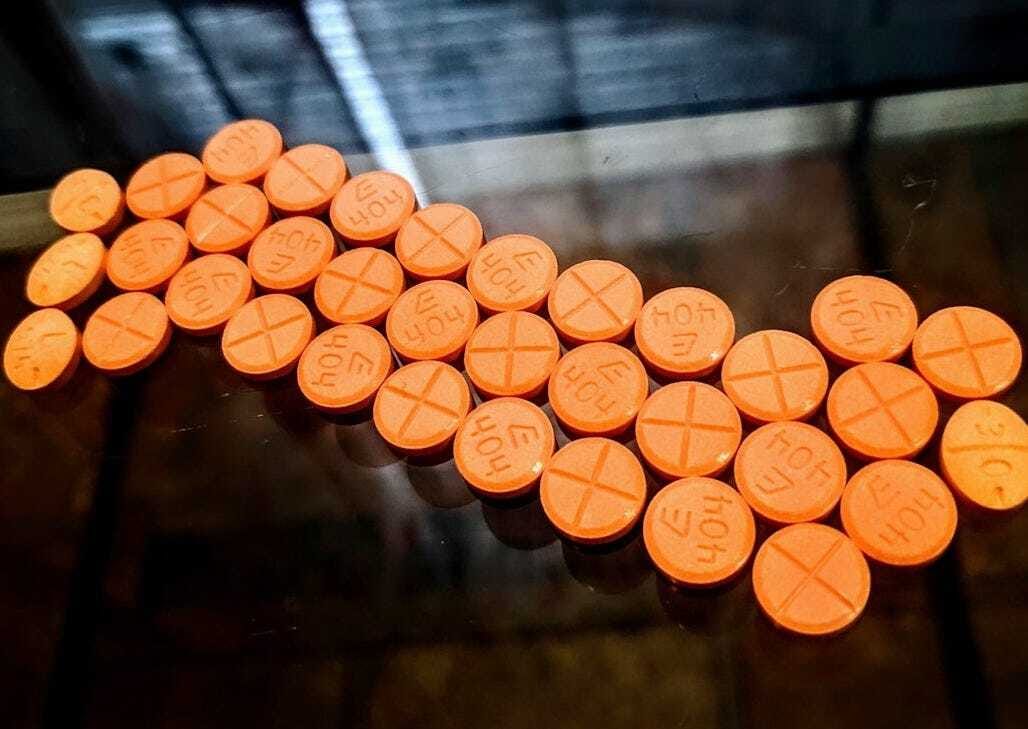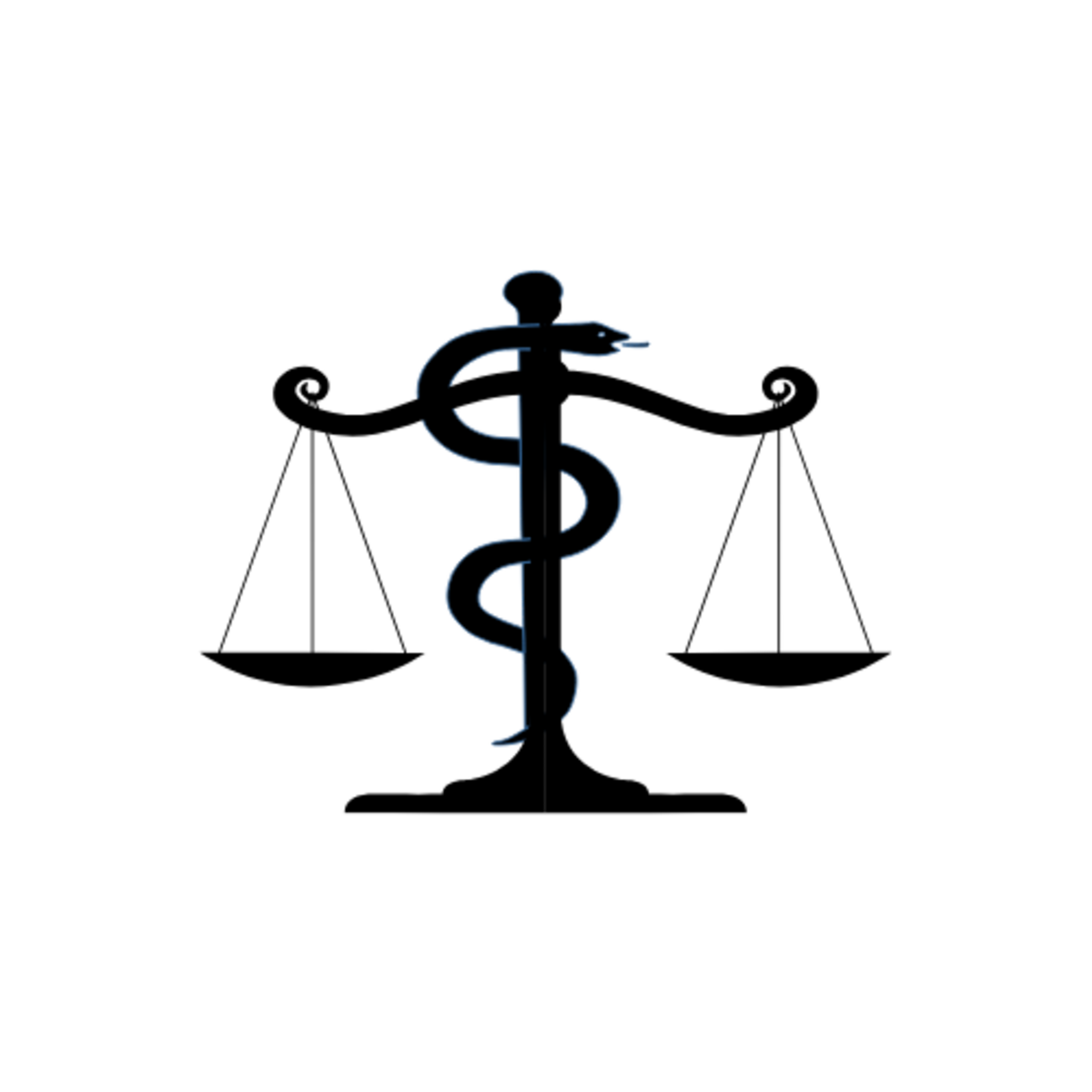
I don’t think there’s anyone in criminal justice reform who isn’t having a rough month. And since it’s doubtful that this is the only such space you’re engaging with, I’ll spare you (for now) the most commonly cited reason it’s been a rough month.
That said…man, has it been a rough month.
I pride myself on maintaining a biweekly posting schedule. This niche has far too few writers, and however little commitment it takes to click the “subscribe“ button, I take seriously the endorsement each reader makes by doing so. That said, piled on top of my existing professional and family responsibilities, the research, writing, and promotion adds up to a lot, and I need to be firing on all cylinders to get it out on schedule. Unfortunately, due to several entirely manufactured hurdles, the medication I rely on to meet that demand was unavailable for several weeks.
The DEA’s Unscientific Quotas on ADHD Drugs
Like millions of Americans, I have been diagnosed with attention deficit/hyperactivity disorder since childhood. While there are nearly as many ways of managing ADHD as there are manifestations of it (and as many manifestations as reasons you might think of why it’s hard to pay attention), psychostimulants are the first-line pharmacotherapy for ADHD because they’re known for fast onset and have a rock-solid evidence base.
Unfortunately, stimulants are even better known for inducing “exhilaration, extended wakefulness,” and other effects that make them ideal as a party drug or performance enhancer1. And that high potential for abuse brings about the attention of the Drug Enforcement Agency, which decided to pull its typical lever for preventing drug abuse: limit the supply and let God sort them out. The DEA’s system relies on a quota of raw material imports divided among drug manufacturers, based needs estimated by the Food and Drug Administration. The result is what Reason columnist C.J. Ciaramella aptly described as a gauntlet of “the exact sort of executive function skills that people with ADHD are terrible at.” Getting a diagnosis and appropriate treatment required scheduling frequent regular appointments (good luck in remote areas), fighting through prescribers’ reluctance to draw extra federal scrutiny on themselves, and then hoping the prescription was in stock wherever you sent it. Though I’d been on one stimulant or another since the third grade, trying to get back after a post-college break—from the bottom of the professional and personal crater that follows abandoning evidence-based treatment—often was a bigger mountain than I had the executive function to climb.
Then came COVID. With hospitals and medical offices especially leery of in-person contact, governing agencies relaxed rules on prescribing via telehealth. Suddenly, people developing ADHD-like symptoms while working in less restrictive work environments (along with those, like me, who hadn’t had the executive function to jump through DEA-induced hoops before) found themselves with ADHD diagnoses and the accompanying first-line treatment.
You Can’t Police Your Way out of a Healthcare Crisis, But the DEA Keeps Trying
The agency, meanwhile, reacted to this explosion in ADHD diagnoses not by considering the context of this expanded access to medicine but by declaring ADHD meds “the next opioid crisis.“ To the DEA, relaxing regulations about stimulant prescriptions meant a forthcoming tsunami of diversion (the technical term for legally prescribed drugs being sold on the illicit market); they responded by proposing arbitrary limits (since modified) on what could be prescribed via telehealth and placing a 30-day “waiting period” for new prescriptions—despite the fact that a majority of Americans do not live near a psychiatrist, the only specialty that can regularly prescribe them without drawing the agency’s ire. The agency not only kept quotas flat, they shut down a major Adderall plant over what amounted to bad paperwork.
The result has been a consistent shortage of ADHD medications. One pharmacy technician I spoke to claimed it had been “weeks“ since he saw one of the more common doses of Adderall; another said that not only were they unable to fill the prescription in question, but of any alternatives either. And while the long-term effects of low stimulant doses appear to be benign, the rapid return of ADHD symptoms can be devastating.
To be fair, it’s not all the DEA’s fault. Administrator Anne Milgram noted that manufacturers were missing their allotments of the quota as late as 2022, a consequence of the tight labor market that’s wrought havoc in every supply chain. And the agency’s failure to stem the ongoing opioid epidemic gives cause for their concern. But the agency’s knee-jerk reaction in attributing a prescription spike to abuse is not only gatekeeping ADHD patients from real medicine, it’s creating horror stories like patients buying crystal meth because it’s the best available substitute for the medicine the DEA won’t let them have.
Unfortunately, there’s little reason to hope this situation improves in the future. While the Biden administration made headway on a drug control policy that both treats substance abuse as a medical problem and ensures adequate supply for those who need it, the quota system remains in place with only the aforementioned tweaks. The second Trump administration, meanwhile, promises a great deal of healthcare influence to anti-vaccine activist Robert F. Kennedy Jr., whose preferred policy for ADHD appears to be getting “re-parented“ at a facility that sounds suspiciously like a labor camp. The apathy of the previous administration has been borderline unconscionable; for the next one, it might be the best-case scenario.
